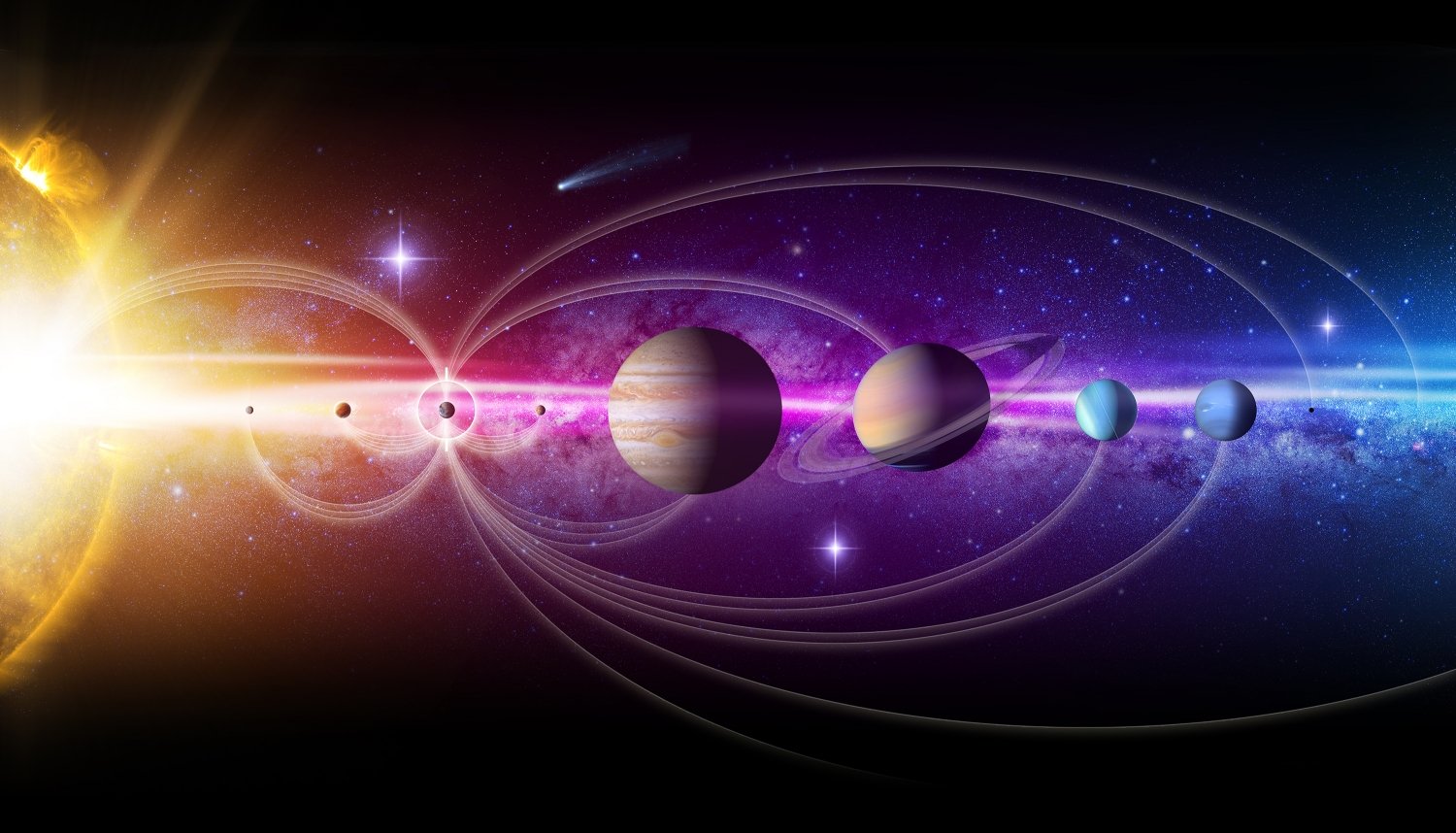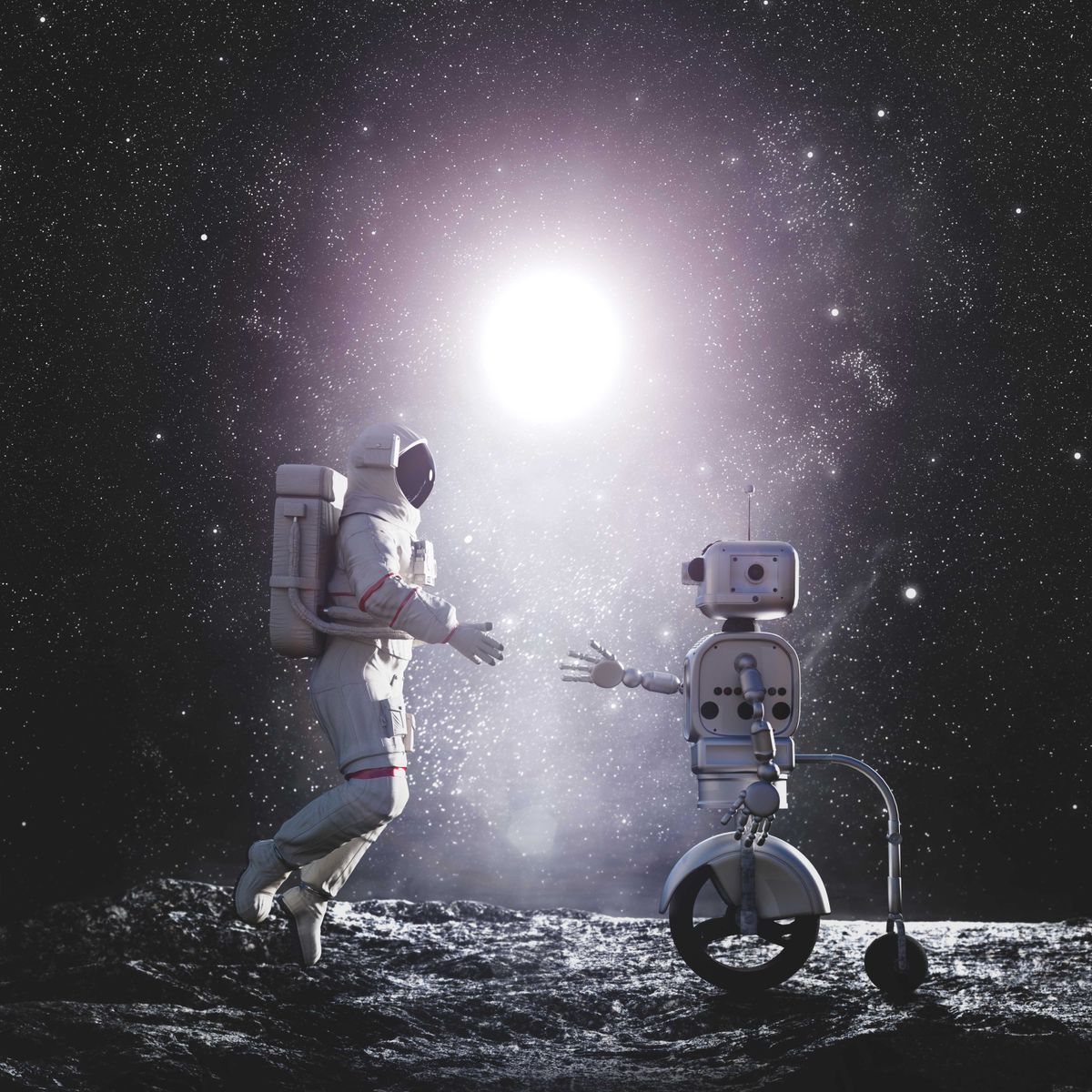Hey Readers! Welcome to trendphobia. Humanity’s fascination with the cosmos has propelled us to explore space’s vast expanse actively. Recent technological advancements have allowed us to uncover the universe’s mysteries. In this blog post, we will journey through the latest developments in space exploration demonstrating why it continues to be one of the most captivating and significant technological endeavors of all time.
The Space Race of the 21st Century

Space exploration has entered a new era often dubbed the “Space Race of the 21st Century”. Unlike the Cold War-era rivalry between the United States and the Soviet Union today’s space race involves a diverse array of players, including government space agencies, private companies and international collaborations.
Also read Aditya-L1: ISRO’s Mission to Study the Sun
The Rise of Private Space Exploration Companies

One of the most remarkable developments in recent years is the emergence of private space exploration companies. Companies such as SpaceX, Blue Origin and Virgin Galactic have disrupted the space’s industry by developing reusable rockets and pursuing ambitious plans for human colonization of other planets. SpaceX for instance made history by sending astronauts to the International Space Station aboard a privately-built spacecraft.
Also read Hydrogen: The Future Fuel Revolution
Exploring Other Planets

Robotic missions to other planets like Mars and the outer solar system have also reached new heights. NASA’s Perseverance rover successfully landed on Mars searching for signs of past life and paving the way for human missions to the Red Planet. Additionally the Europa Clipper mission aims to study one of Jupiter’s icy moons Europa for potential signs of life beneath its frozen surface.
The Pivotal Role of Artificial Intelligence

Artificial intelligence has played a pivotal role in space exploration. AI-powered systems assist in autonomous navigation, data analysis and decision-making during missions. Moreover, AI enables the development of autonomous spacecraft capable of performing tasks without human intervention thereby enhancing the efficiency and cost-effectiveness of space’s exploration.
Also read Chandrayaan-3: India’s Next Lunar Odyssey
Conclusion
Space exploration continues to captivate our imagination and push the boundaries of technology. With advancements in private space companies, robotic missions and the integration of artificial intelligence we stand on the brink of unprecedented discoveries that could reshape our understanding of the universe and our place within it. As we venture further into the cosmos the quest for the stars remains one of the most compelling and significant technological journeys of our time.

For more Interesting Tech blog follow Trendphobia.
Thanks for reading.
Also read:
- ChatGPT vs. Writers: Will AI take over content writer?
- Metamorphic Robots: The Shape-Shifting Future of Robotics
- Defeating Phishing Attacks: A Guide to Secure Online Navigation
- The Telettrofono: World’s First Mobile Phone
- Airborne Internet: Bridging the Digital Divide
